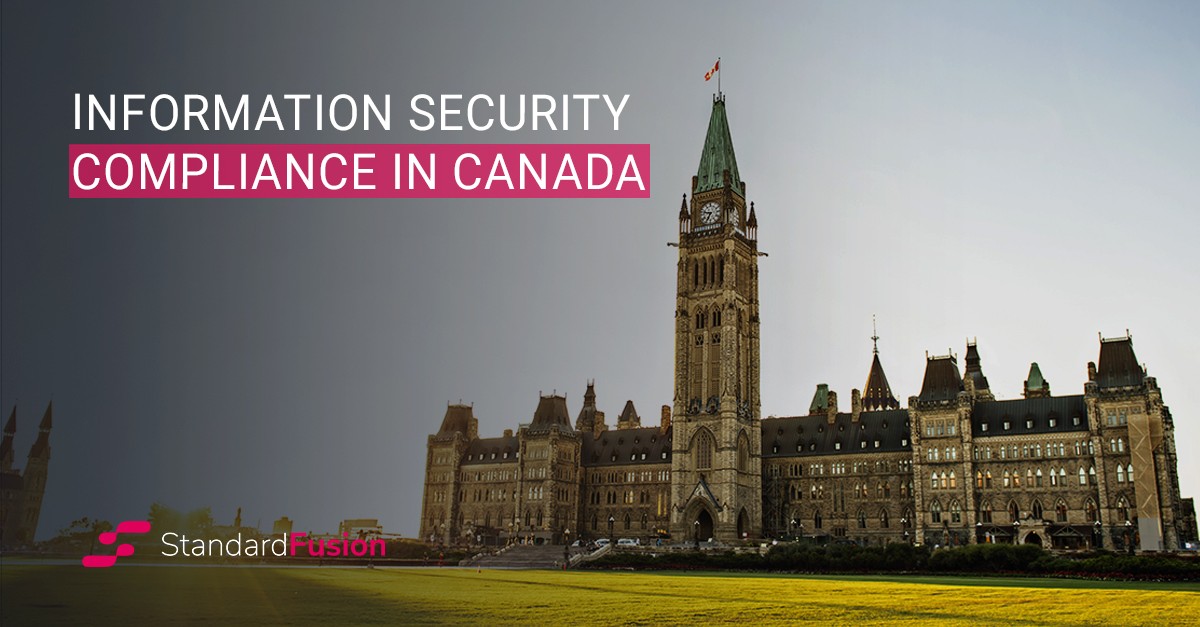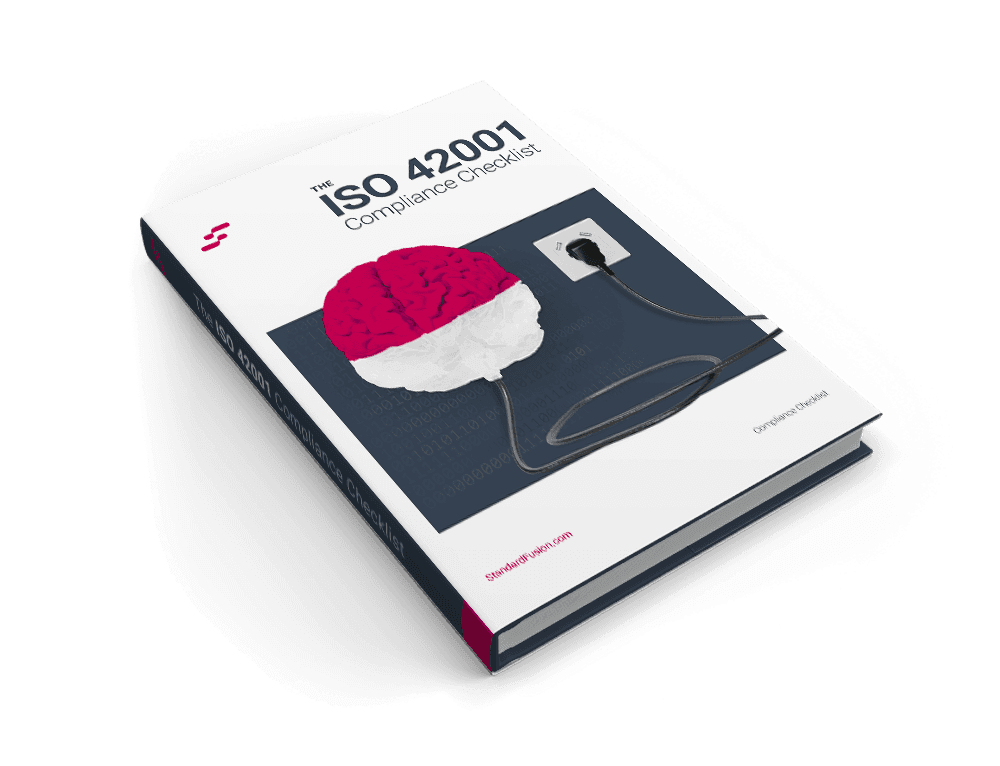Published on: Mar 24, 2021
Information Security Compliance in Canada
The digital era has enabled companies to connect with consumers and deliver value in more ways than ever before. However, it simultaneously raises the potential for data breaches and cyber-attacks. In a bid to minimize these risks, governments and lawmakers are enforcing stringent information security and compliance regulations around the world to help combat threats and evaluate the overall cyber-defence system of companies against a uniform mechanism.
Canadian Compliance Landscape
To drive compliance forward, the Canadian government has taken various initiatives to further enhance the national security posture and mitigate potentially devastating cyber-risk with the Personal Information Protection and Electronic Documents Act (PIPEDA) and its many amendments.
Due to the evolving nature of cyber-attacks, having a thorough understanding of information security compliance frameworks has become a focal point for many organizations. Companies must be mindful of where they operate and the type of data being processed as you are subject to provincial and national legislation, in addition to any international regulations.
Private vs Public
Within federal and provincial privacy laws, there are separate legal guidelines based on various sectors such as public, private and health.
In the private sector, PIPEDA serves to protect personal information under the possession of an organization in the course of commercial activity. PIPEDA has outlined various principles targeting accountability, protection concerning sensitivity, disclosure, use/modification, storage, collection, and distribution of personal information. Since its inception, amendments have been made to further improve the transparency of the use of personal information and mitigating the risks which could affect individuals in case of a breach.
There are three other acts issued and approved by the provinces of Alberta, British Columbia, and Quebec which deal with personal information privacy. The overlapping of laws at federal and provincial levels to a certain extent is one of the major challenges faced by Canadian organizations. Other than federal and provincial laws, there are laws specifically approved for various sectors. For example, the Personal Information Protection Act (PIPA) is Alberta's private sector privacy act. Health organizations in Nova Scotia are governed by the Personal Health Information Act (PHIA).
For a better understanding of the legal landscape, organizations should also understand the stringent requirements/ restrictions presented by Canadian cybersecurity laws, as listed below
Legislation on the protection of personal health information
Its primary objective is to safeguard the collection, disclosure, and use of health information.
Statuary Torts
In certain provinces in Canada whereby an individual can submit a claim in case of their personal privacy breach.
Canada's Criminal Code
Is applicable to all provinces. Cybercrime as defined in this act which further segregated into four categories which include Cyber dependent crime, Cyber-enabled crime, computer-supported crime, and national security offences.
Canada's Antispam Law (CASL)
Deals with SPAM and mitigate the risks associated with malicious activities through electronic means
Access to Information Act
mainly focuses to limit the accessibility to information and enhance accountability from an accessibility point of view.
International Requirements
Besides national Canadian cybersecurity laws, there are other international laws to enforce data protection among various countries. To provide an adequate level of privacy and to protect the vast amount of data shared between the EU and Canada, Canada revised its various privacy laws to ensure coherence and maintain interoperability with international laws. Much like the CCPA, General Data Protection Regulation (GDPR) plays a significant role in terms of data privacy. It is the power set incorporating data protection principles that are designed to standardize data privacy laws across its member countries. The world has already witnessed several high-impact data breaches with the personal data of millions of users compromised. These international laws intended to protect private data used by data controllers and data processors in order to build an overall resilient system.
Determining the Scope of Legislation:
Do all of these laws apply to every organization or business operating in Canada? Categorizing the regulations into federal and provincial laws with further classification into the public, private and health sectors helps to understand the challenges that organizations face when determining the scope of legislation.
For instance, PIPEDA is the federal law applicable to private sector organizations in Canada, that collect, store, process or disclose personal information. Whereas provincial privacy laws apply to organizations that deal with the handling of personal information within the province. In addition to this, legislation around healthcare varies from province to province.
Lastly, public sector laws apply to federal, provincial, and municipal governments. In case of non-compliance, Canadian organizations are penalized subject to applicable privacy laws which vary from province to province. Albeit penalties are common, they still carry substantial fines, can result in litigation and can cause lasting financial and reputational damages. For this reason, each organization should clearly understand Canadian privacy laws, and which ones are applicable to your organization.
Data Residency
Another factor companies need to consider is data residency: where your data is kept, and the path it travels could be the source of privacy and security concerns. Therefore, several countries implemented data residency laws to protect data and prevent foreign intrusion. Canada has no uniform data residency requirements on a national level, but some provinces like British Columbia, Nova Scotia and Ontario do impose requirements on a provincial level: BC and NS require that all public sector data resides in Canada, while Ontario has imposed a data residency restriction on healthcare information only.
How StandardFusion Can Help?
With a myriad of regulatory requirements it can be tough for Canadian companies to fully understand and satisfy legislation, putting them at risk of non-compliance. To help make sense of regulations, you can map all applicable regulatory requirements to your risk and compliance program using GRC software like StandardFusion. Our software mitigates the risk of non-compliance and helps you build a uniform compliance program that meets the provincial, national, and international requirements related to data protection, privacy and cyber security.
As a Canadian company, we know first-hand that data residency can be an issue. That's why our cloud-based solution can be hosted in Canada, Europe or the US for proper data residency. On-premises deployment is also available to organizations with even more advanced requirements. Get in touch with our team to see how you can create and manage a set of common controls to satisfy requirements across a diverse set of information security and compliance regulations StandardFusion.







